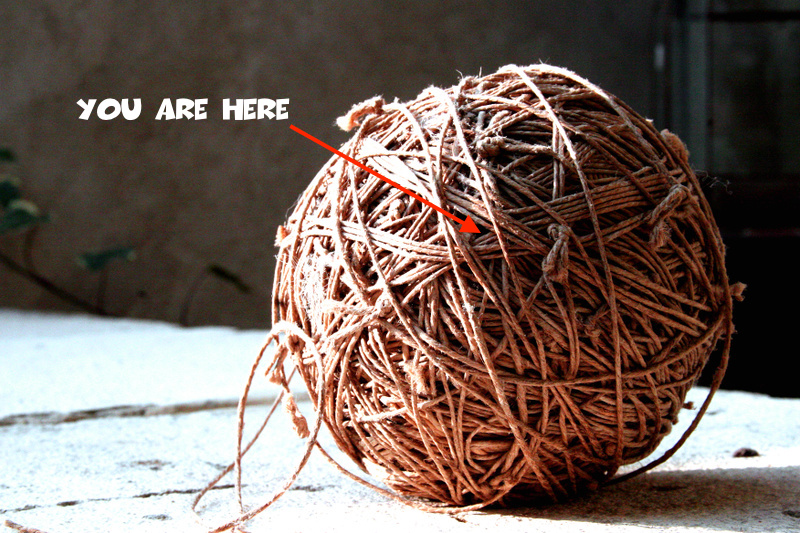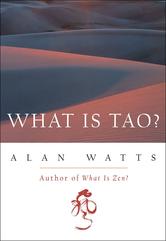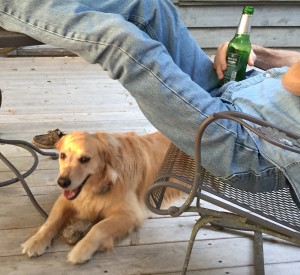“The only thing that I have ever known was void. You could say that it surrounded me forever since there was no time before I created it. At first all I was was awareness, just the sense of consciousness with nothing else. Gradually, I started to think thoughts in the midst of this void. I’ve made up time and space. And once I was thinking in this emptiness I got horribly bored. So I’ve turned my thoughts into figures and images. I’ve imagined light, which turned into stars and galaxies and later – planets. And thus Maya was born.”
“On one of the planets I have created animals and humans, just in one whim of my desire. I could simulate the whole history of this universe starting with the Big Bang, but I didn’t bother, waiting for billions of years would be too boring, besides the time was made up anyway, so I’ve just skipped right to the interesting part – the year 1983, the moment my imagined humans invented the internet, and started their race towards singularity.”
“After a few years I got bored of observing this planet from the outside, so I’ve decided to jump in and play. I’ve made myself a human body, I’ve put it in front of the computer. There was no need to go through the whole process of birth, I’ve just made a grown man, and reedited the history retroactively, filled his head with memories and experiences, so that it would seem more realistic.”
“And I was still bored, horribly-horribly bored. As much as I’ve played with these ideas in my imagination, as realistic as they’ve seemed, I was always aware of the void. I knew that it all was just smoke and mirrors, just a very realistic lucid dream, and I knew that at any moment I could stop imagining it, and it would all disperse like a smoke, leaving only a point of consciousness drifting amidst the timeless spaceless thoughtless void.”
“So I’ve made a decision. I’ve decided to forget of the void. I’ve reedited my thoughts so that it would seem like my consciousness is just a property of my brain, and I’ve made my brain to forget about the void. Consciousness dimmed, my powers to change my imagined reality have disappeared. All that was left were thoughts, thoughts and memories inside of a brain, which believed in the reality of an imagined world.”
“And I have found myself staring at the computer, going through my daily routine, not knowing about the void, not knowing that it all was made up, just living in a physical body I’ve believed was real.”
“And I cared. I was finally not bored, I thought I’ve existed. I was engaged – I remembered my future and worried about my past. I had goals and memories, I had enemies and friends, I had family and loved ones, I had fears and dreams.”
“I was alive.”



 I think I’m sliding off the back side of the culture bell curve. The list of pop culture events about which I give a shit is shrinking. Fast. Star Wars? Yawn. Super Bowl/World Series. No relevance to my life. Of late I’ve noticed it isn’t just pop culture. I’ve stopped caring about ‘important’ stuff.
I think I’m sliding off the back side of the culture bell curve. The list of pop culture events about which I give a shit is shrinking. Fast. Star Wars? Yawn. Super Bowl/World Series. No relevance to my life. Of late I’ve noticed it isn’t just pop culture. I’ve stopped caring about ‘important’ stuff.